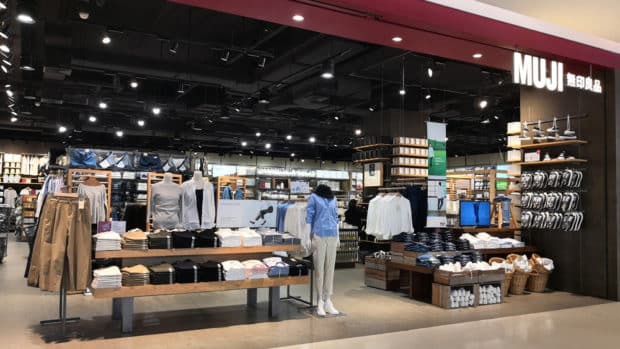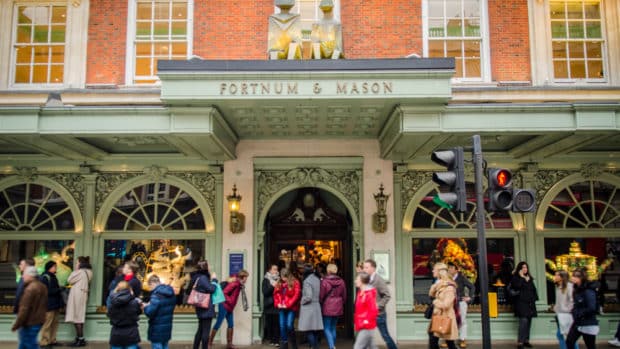
Price is the top deciding factor for UK shoppers when making purchase decisions, ahead of any other European nation surveyed, according to new research from Accenture. 40 per cent of Brits ranked price as the number one decider, ahead of Germany (35 per cent), France (32 per cent) and Spain (28 per cent). Inflation and the heightened cost of living in the UK mean price topped the list of factors impacting shopping habits for Brits, yet quality remains the deciding factor across the rest of Europe,* including France (37 per cent), Germany (35 per cent) and Spain (45 per cent).
The analysis by Accenture – which surveyed 2,500 people in the UK – suggests UK consumers continue to feel the impact of inflation more acutely than their European counterparts. 41 per cent of UK consumers said their disposable income had declined in the past 12 months, compared with 33 per cent in Germany, 32 per cent in France and 31 per cent in Spain.
Despite slowing inflation and forecasts of declining interest rates, consumers remain concerned about the coming months. Worry about the health of the national economy (65 per cent) remains the biggest point of stress for consumers. Meanwhile, more than half (53 per cent) of people remain worried about their own financial situation.
Consumers feel inundated by options, information, and marketing messages when they shop, contributing to a sense of overload and diminishing trust in retailers’ advice.
Just over a third (35 per cent) of UK consumers believe companies have good intentions behind their offerings. Over two thirds (69 per cent) stated they don’t trust sustainability claims anymore because “greenwashing” is so common.
70 per cent feel frustrated at the amount of effort they must put in to deciding what’s best for them, compared to a global average of 63 per cent. Meanwhile, 61 per cent said they often feel confused by conflicting advice, recommendations and reviews.
Matt Jeffers, retail strategy and consulting managing director for Accenture in the UK & Ireland commented: “Millions of households across the UK are facing the dual challenge of too little cash and too much choice. Shopping should be fun and while more information and choice may be welcomed by some, for others, cutting through that noise can be stressful. To eliminate the risk of consumers abandoning their baskets, brands must find new ways to re-engage consumers, regain trust, and ease the stress of shopping. Technology has a vital role to play in making shopping feel more seamless, less stressful and tailored to individual customers.”
As the economy begins to stabilise and inflation continues to slow, there is an opportunity for brands to re-engage consumers and regain trust with an improved overall shopping experience.
Embracing emerging technologies, including AI and Gen AI, could create a simpler and more stress-free experience for customers. 73 per cent of people currently feel irritated about being unable to speak to someone easily for advice, yet half (49 per cent) are open to using an AI agent to help make decisions and take actions autonomously to ease the shopping experience. Meanwhile, 43 per cent said they would be happy to use a conversational AI advisor to help them shop.
Jeffers continued: “UK shoppers are clearly open to AI being part of the way they interact with brands if it improves their shopping experience. AI-powered advisors can help fast-track the discovery process to minimise customer decision time – even on products customers didn’t originally intend to buy – by providing readily available information, combined with offers and quality products that speak to consumers’ desire for good value. Doing so will result in a virtuous circle for retailers who can feed the insights these technologies provide back into their business, fuelling their future strategy, improving customer satisfaction, and ultimately providing a boost to the bottom line.”








Share